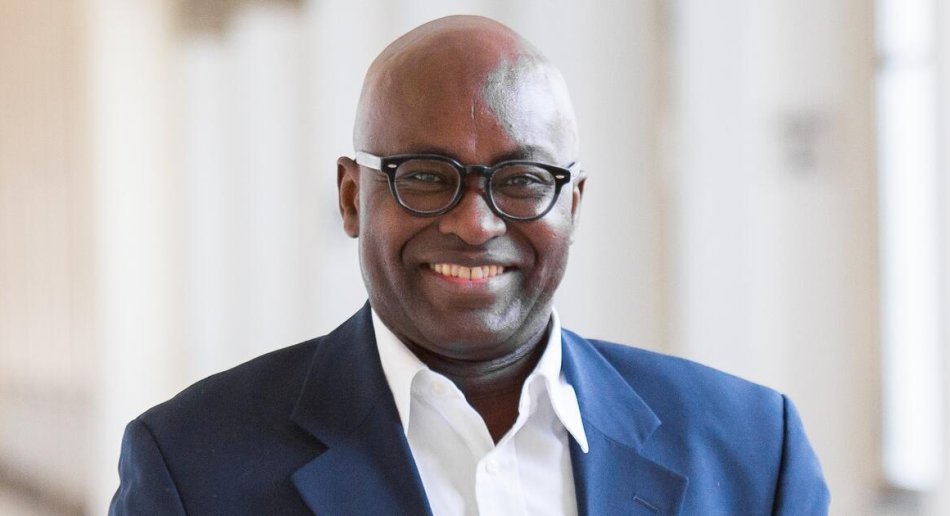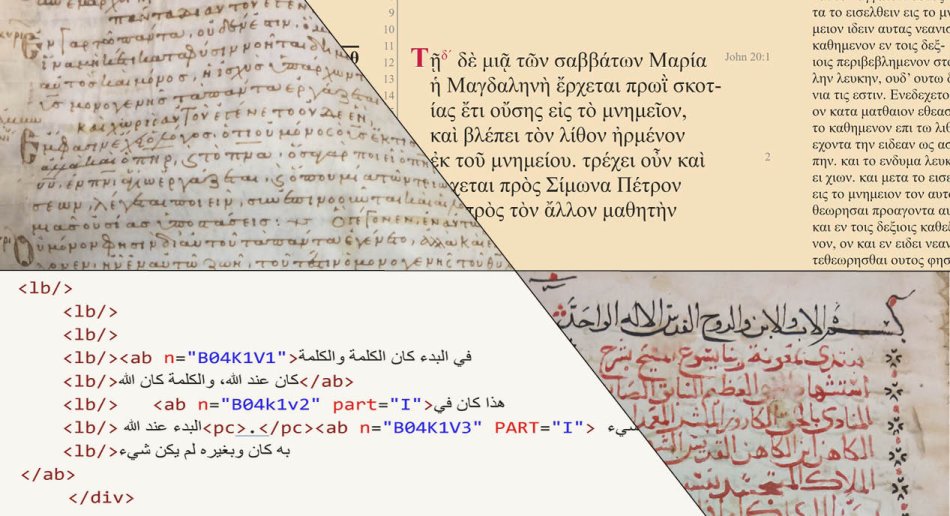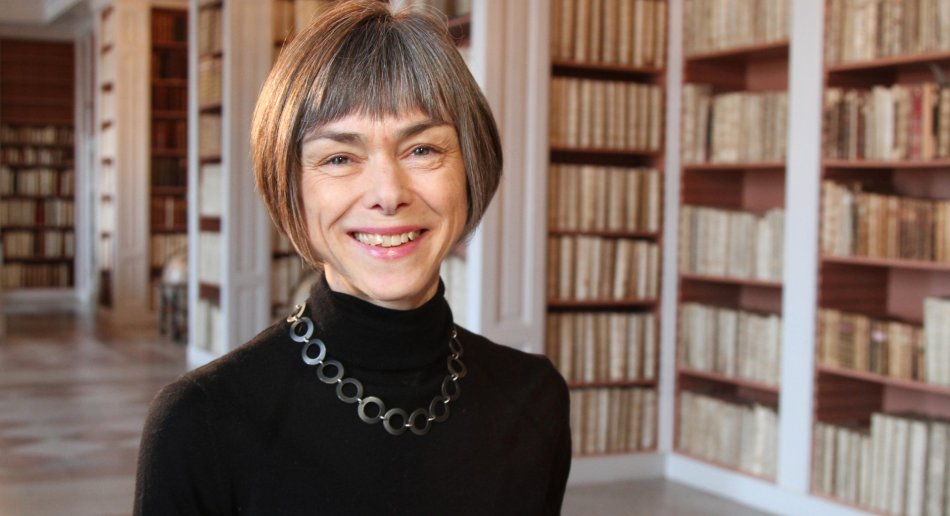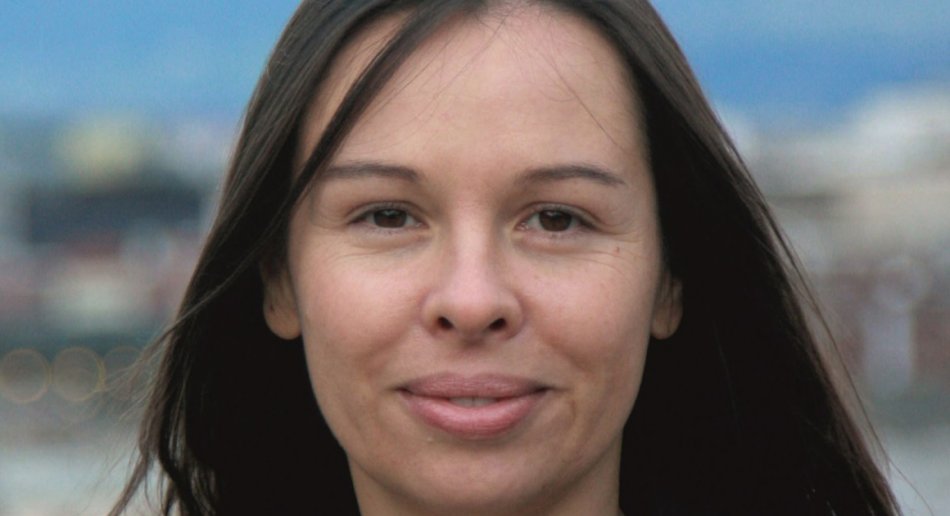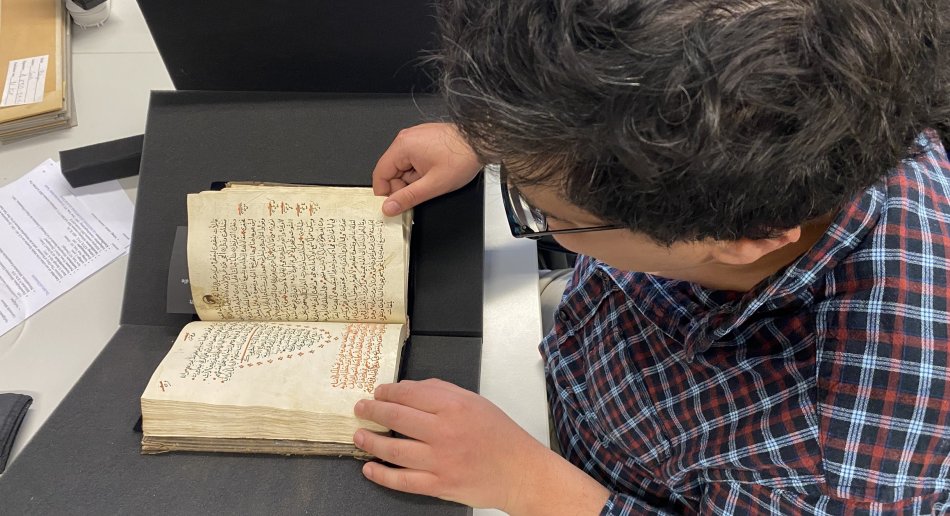
Get to know MF's digital humanities lab
A Digital Humanities Lab was established at MF in December 2023. With its director Mina Monier now in place, activities at MF Lab for Manuscript Studies and Digital Research (MF L-MaSDR) are gaining traction.
MF L-MaSDR is planned as a "laboratory" for the analysis and visualization of data within traditional humanities research. The goal is to promote empirical research on manuscripts and to develop digital humanities as a field, using new and in-demand methods.
For researchers and students
– The lab will support the research of scholars who work on manuscript studies, in whichever discipline they are affiliated with, Monier explains.
– At MF, we already have a significant number of scholars who do such research, and they will find our Lab ready to provide computational tools and to help them achieving their research goals, Monier.
Beside MF researchers, the MF L-MaSDR “Lab” will collaborate with international partners to create opportunities for research collaboration. MF students will also benefit from the new Lab: gaining skills in digital humanities will help MF students to prepare for career opportunities in research.
– We will prepare a future generation of humanists who can achieve more than expected,” says director Mina Monier.
From necessity to curiosity
His own interest in Digital Humanities grew out of necessity. Engaging in research on a specific text-critical issue in the Gospel of Mark he found himself confronted with a large amount of data that need to be addressed.
– Consulting digital methods to handle them properly became inevitable. As I delved into the different methods of so-called Digital Humanities it captured my interest as a line of research worth pursuing.
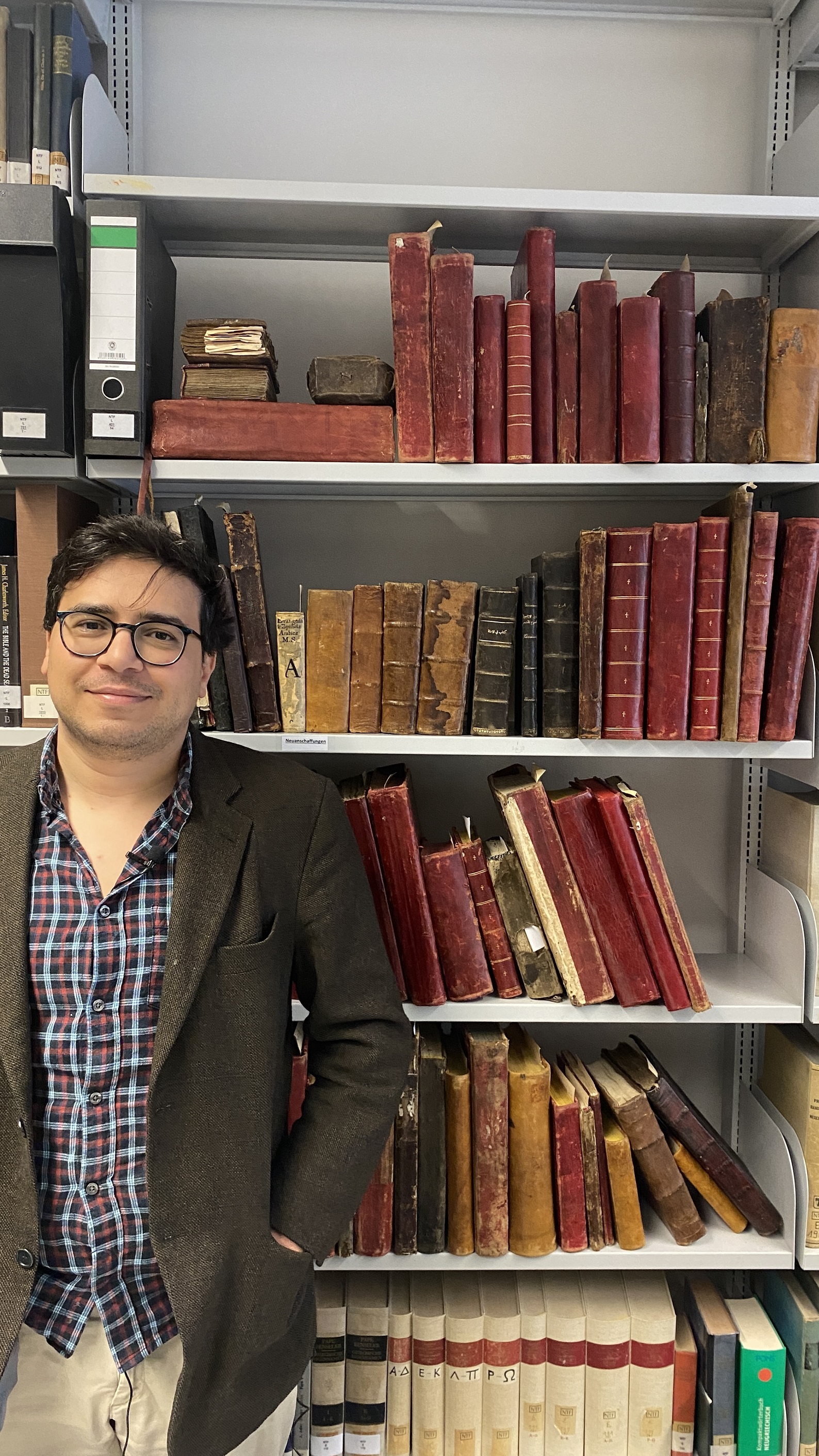
– How is digital development changing your field of research?
– To give my field of research as a case study, digital humanities methods have revolutionised the work of New Testament Textual Criticism.
Making the material more accessible
In the past, says Monier, a researcher needed to physically access a handful of manuscripts that were kept in a certain place, depleting time, and money for the sake of achieving a quite humble objective. Their research would typically be confined by the individual’s skills-set (languages, palaeographical training etc), thus limiting their scope.
– Today, digitisation helps us overcome these boundaries. It is not just about generating an image of a manuscript held in a remote place, but also about providing its textual and contextual data in a technical format that can be visualised, harvested across disciplines, and processed through computational tools.
Using the methods of digital humanities, researchers can more easily analyse materials in several ancient languages in addition to Greek and Latin.
– We are gaining a more vivid image of the reception history of biblical texts and how variants came to exist. Hitherto unstudied manuscripts have been incorporated accordingly.
Ethical handling of manuscripts is key
– Since we are today concerned about standardising the studied material in order to be universally accessible and interoperable, DH has also helped us detect and improve the practice of sharing manuscripts, and how to acknowledge all the due rights and responsibilities in the most accurate and meticulous way. This is something that researchers in previous generations were left to improvise in a way that came at the expense of ethical handling of evidence.
According to Mina Monier, digital humanities can provide new ways to explore the ethical aspects of handling data.
Forging international partnerships
– Looking into the crystal ball, what will the goings-on at the MF Lab in 5 years’ time?
– By 2029 we hope to have the lab’s aspired capacity fully realised. The MF L-MaSDR will have stable access channels to manuscripts in different parts of the world, to enable researchers and affiliate scholars to access and study them. Through the accumulation of experience and knowledge, we will also have our own portfolio of databases, textual processing tools and visualising Virtual Research Environments (VREs) that can be ready and available to use whenever possible. Beside these tools, we will have our permanent staff who can manage our digitisation facilities, conduct lab work, and train future digital humanists through courses and workshops.
To serve these goals, Monier is currently forging partnerships with institutions in regions that have access to rich holdings of manuscripts that are yet to be studied, in countries such as Egypt, Lebanon and Greece. He is also working on collaboration with European and US-based institutions that share common interest to exchange experience and design future projects.
For more details, please consult the MF L-MaSDR webpage.

